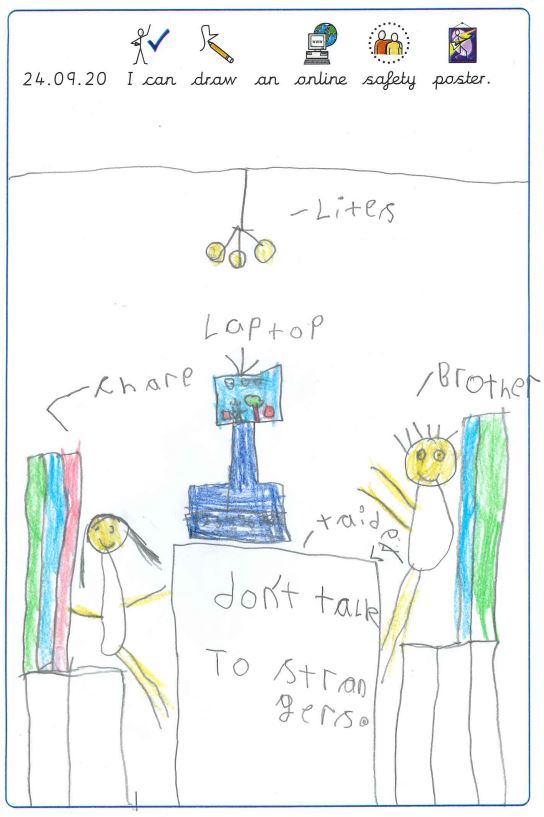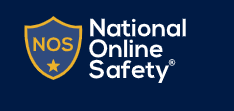Online Safety

The internet offers a means to share and communicate in a variety of different ways. However, it is very important that we all keep ourselves safe when we are interacting with people online. Online safety is embedded in the school curriculum but children need to take equal care at home.
As a school, we have shown our commitment to protecting our pupils online by working with National Online Safety- providing teaching resources which we use in school, and also resources for all parents and carers.
You can access National Online Safety online via any device- including via the brand-new smartphone app. The resources include Parents & Carers courses (presented by Myleene Klass), online video resources and weekly guides covering a huge range of topics.
Please contact the school office for your sign-up link.
This link offers parents online support guides in a range of languages:
https://www.childnet.com/resources/supporting-young-people-online/
Below are the school's online safety rules, as well as links to other useful online safety material.
Online Safety rules
Keeping Myself E-Safe:
- I will always check with an adult before I use the internet or email.
- If I see anything that worries or upsets me on the internet or in an email, I will ask an adult for help straight away.
- I will not talk to strangers or open messages from people I do not know. If someone says they know me, I will ask an adult to check they are who they say they are.
- When I talk to people or write things on the internet, I will never tell anyone how old I am, where I live, or arrange to meet them.
- I will be polite when I talk to people on the internet or by email and not say things to upset them. If someone says something upsetting about me or to me, I will tell an adult.
- I will only use the internet to look for things I know I am allowed to be looking at. If I am not sure, I will ask an adult for help.
- My usernames and passwords belong to me. I will not tell other people what they are.
Other useful links
Please see the following policies:


